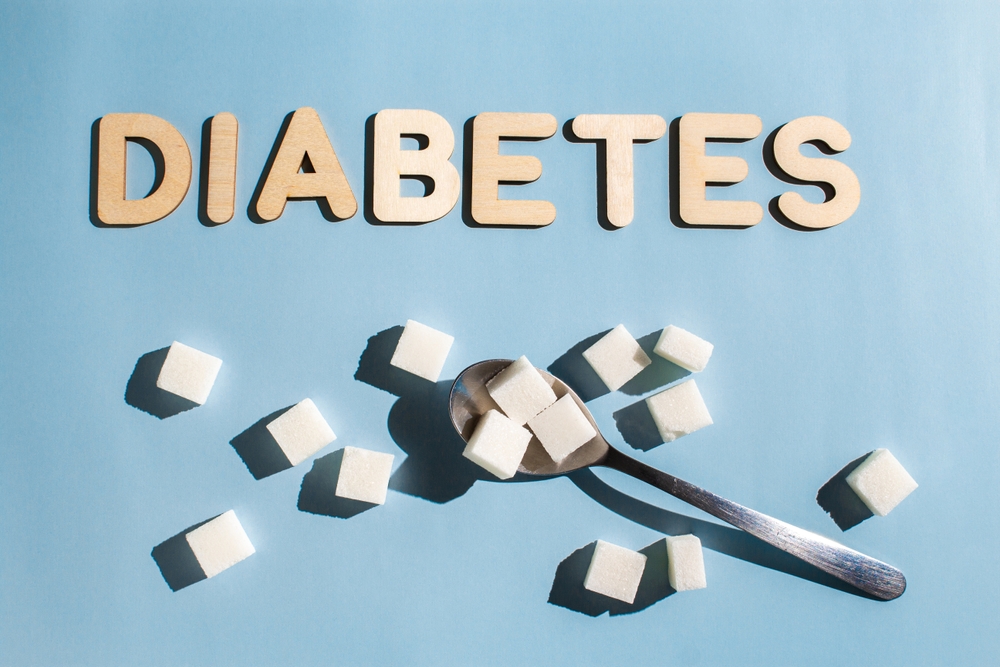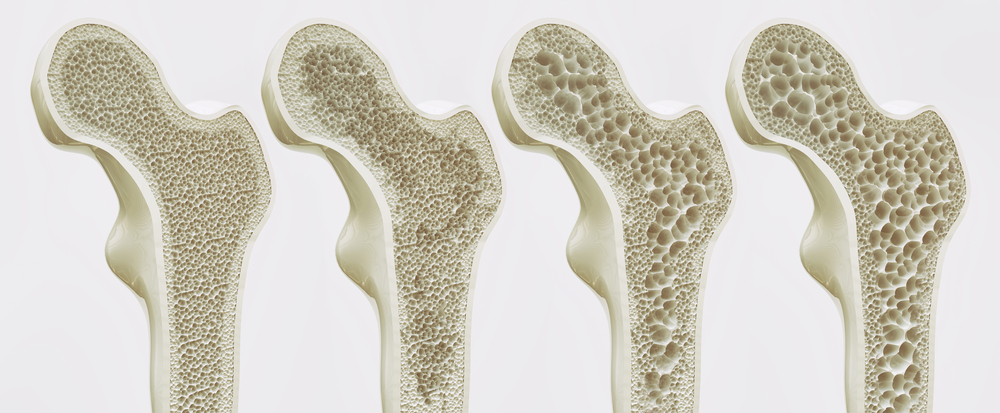Pharmacokinetics is the study of drug movement inside the body. Four processes: absorption, distribution, metabolism, and excretion make up pharmacokinetics.
Absorption is the movement of a drug from the site of administration into the blood. The rate of absorption determines how quickly the drug effect will occur. Meanwhile, the amount of drug absorption determines how intense the effect of the drug will be. The rate of dissolution, surface area, blood flow, lipid solubility, and the activity of drug transport proteins affect absorption.
Drugs distribute into compartments in the body where they may be stored, metabolized, excreted, or exert their effect. Blood flow to tissues and the ability of a drug to move out of the bloodstream and into cells determine drug distribution.
Metabolism is the alteration of a drug’s structure by an enzyme. The liver, stomach, intestine, and kidney are sites of drug metabolism. Drug metabolism in the liver is important because it protects us from numerous environmental toxins and synthesizes essential molecules.
Excretion is the removal of a drug and its metabolites from the body. The kidneys account for the majority of drug excretion and serve to limit the duration and intensity of drug effects. The kidneys, lungs, and hair can excrete drugs. In addition, bile, sweat, saliva, and breast milk may contain drugs that will eventually be excreted.
Love them without losing yourself. The Boom Health app helps you manage your loved one’s home care in one app. Download the app from the App Store or Google Play Store.
This article is not intended to be a substitute for professional medical advice or diagnosis. Always seek the advice of your physician or another qualified health provider with any questions you may have regarding a medical condition.





